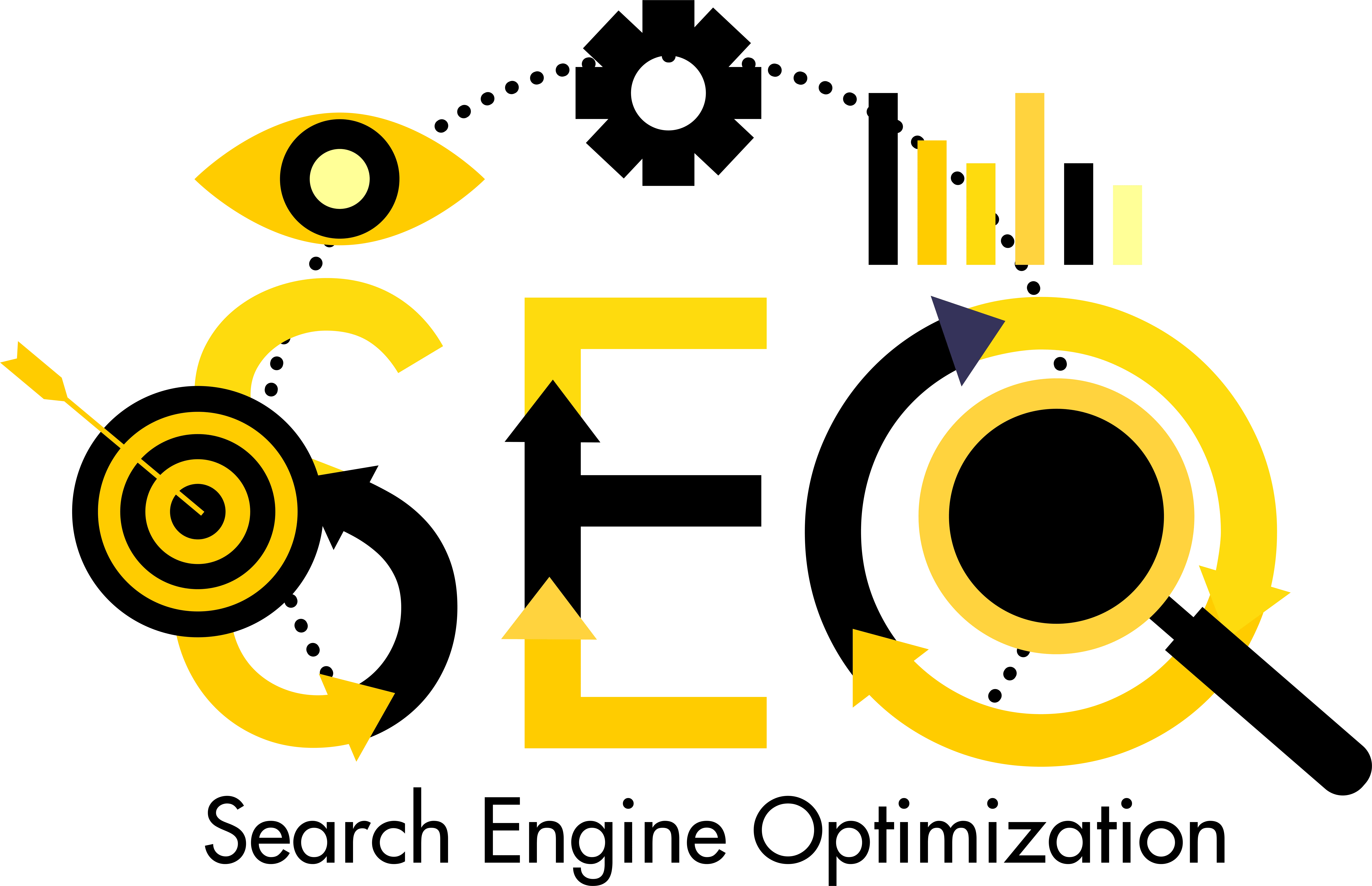What Your Parents Never Told You About Political Activism and Movements
Political activism and movements have played a significant role throughout history, shaping societies, advocating for change, and challenging the status quo. While parents often provide guidance and wisdom on various topics, political activism is an area where their advice may be limited. In this article, we will explore what your parents may not have told you about political activism and movements. From understanding the power of collective action to the importance of staying informed, we will delve into key aspects that can help you navigate the world of political activism effectively.
The Evolution of Political Activism
Throughout history, political activism has evolved to adapt to changing social, cultural, and technological landscapes. From suffragettes fighting for women's rights to civil rights movements challenging racial discrimination, various movements have shaped the world we live in today. Understanding the historical context and evolution of activism can provide valuable insights into the strategies and tactics employed by different movements.
The Power of Collective Action
One of the most significant lessons about political activism is the power of collective action. Movements are often fueled by the energy and determination of a group of individuals who come together with a shared vision for change. By uniting their voices and resources, activists can amplify their impact and bring attention to important issues that require societal and political change.
Finding Your Passionate Cause
When engaging in political activism, it is essential to find a cause that resonates with your values and passions. Whether it's environmental conservation, human rights, or social justice, identifying a cause that ignites your dedication will help sustain your motivation and commitment to the movement.
Effective Communication and Persuasion
To be an effective activist, mastering the art of communication and persuasion is crucial. Being able to articulate your views and engage in respectful conversations with those who may hold differing opinions can help bridge gaps and create a space for dialogue. It is important to remember that change often occurs through understanding and empathy rather than confrontation.
The Role of Social Media in Activism
In the digital age, social media platforms have become powerful tools for political activism. They provide a platform for individuals to raise awareness, mobilize supporters, and share information quickly and widely. Harnessing the potential of social media can amplify the impact of activism and reach a broader audience.
Advocacy and Lobbying for Change
Political activism goes beyond street protests and rallies. Advocacy and lobbying play a crucial role in influencing policymakers and driving legislative change. By engaging with elected officials, writing letters, and participating in public hearings, activists can have a direct impact on shaping policies and laws that reflect their values.
The Impact of Nonviolent Resistance
Nonviolent resistance has been a key strategy employed by many successful movements throughout history. It involves using peaceful means to challenge oppressive systems and promote change. By adopting nonviolent tactics such as civil disobedience, boycotts, and sit-ins, activists can attract public sympathy and expose the injustices they are fighting against.
Balancing Activism and Everyday Life
Engaging in political activism requires finding a balance between your activist efforts and other aspects of your life. It's essential to set realistic goals, prioritize self-care, and establish boundaries to prevent burnout. Remember that sustainable activism is a marathon, not a sprint.
Navigating Political Divisions
Political activism often involves navigating diverse perspectives and political divisions. It is important to approach discussions and debates with an open mind, seeking common ground and understanding different points of view. By fostering respectful dialogue, activists can build bridges and work towards common goals.
Overcoming Challenges and Burnout
Political activism can be emotionally and mentally challenging. It is crucial to recognize signs of burnout and take steps to address them. Building a support network, practicing self-care, and seeking inspiration from fellow activists can help overcome obstacles and sustain your commitment to the cause.
The Importance of Staying Informed
To be an effective activist, staying informed about current events, policies, and social issues is essential. Educate yourself on the history and context of the movement you are involved in, and continuously seek knowledge to make informed decisions and advocate for change more effectively.
Engaging in Grassroots Movements
Grassroots movements are often the driving force behind significant societal changes. Getting involved in local community organizations, volunteering, and participating in grassroots initiatives can have a tangible impact on your immediate surroundings and inspire others to take action.
Political Activism and Youth Empowerment
Young people have played a pivotal role in many historical movements, showcasing the power of youth activism. It is crucial to empower and support the next generation of activists, providing them with the tools, resources, and platforms to make their voices heard and drive positive change.
The Influence of Political Activism on Policy Change
Political activism has the potential to shape policies and influence decision-making processes. By mobilizing public opinion, activists can create pressure on policymakers, leading to legislative changes and reforms. It is through activism that marginalized voices can find representation and bring about systemic transformations.
Celebrating Victories and Continuing the Fight
While the path of political activism can be challenging, it is important to celebrate victories along the way. Recognize the progress made, no matter how small, and use it as fuel to continue the fight. Activism is a journey of perseverance, and every step taken brings us closer to a more just and equitable world.









 English (US) ·
English (US) ·